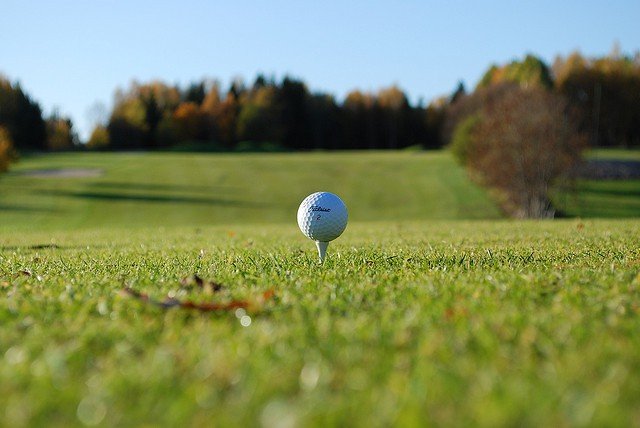
Mental Game Lesson: How To Play Non-conscious Golf
“Knowing others is intelligence; knowing yourself is true wisdom.
Mastering others is strength; mastering yourself is true power. ” ― Lao Tzu
As a friend of GSOM, you will appreciate the impact that poor mental skills have on your performances. A common misconception I see when coaching is that many simply do not recognize the specific functions of their mind. There are “layers” and each has a role to play in relation to supporting your belief system, motor skills and ability to focus.
Most golfers do recognize that their performance plateaus after years of working on their technique and often, borne of frustration, they believe there has got to be something wrong “between the ears”. This is when the mistake of treating the mind as a single entity, like the body or the swing, typically takes hold and attempts at improving your “mental game” are not as targeted as required. So what aspects of your mind can be improved and what will specifically help them?
Inside The Golfer’s Mind
Let’s start with getting a misnomer out of the way. The unconscious mind is that state which exists when you are asleep or anesthetized. You can not play golf unconsciously although you may have imagined playing great golf in your dreams! The use of the common misnomer highlights the purpose of this article – if you can’t clearly define where the problem lies in your mind how do you go about solving it? It is like throwing darts wearing a blindfold.
The sub-conscious mind lies at the heart of your self image and belief system. This has developed over many years based on your experiences and what has been said to you. Self limiting beliefs are just memories developed over time so it is quite possible to replace them with others which empower you. It takes time, like building a new motor pattern, but hypnosis works by first quietening the conscious mind in order to access the sub-conscious mind. You may experience improved performances, without doing much more than sitting in an armchair and listening to empowering suggestions over and over again. Please note that you can perform many life skills without the need for hypnosis so if you do think it is your belief system holding you back get targeted help and work on specific issues.
The non-conscious mind is responsible for your motor skills and navigation through life. This is your work horse in life and can not be improved. It is perfect. It drives your car, makes the tea and manages all your physical activities in life flawlessly, once a motor skill is in place. It is quite capable of finding the best way to swing a golf club, so why doesn’t it? Ongoing conscious mind interference. Many golfers, both Pro and amateur, can spend their entire lives attempting to consciously control their swing and/or putting actions and wonder why performance is so inconsistent. Unfortunately, this is like trying to emulate the performance of a 64 bit computer using an abacus.
The Best Way To Swing A Golf Club
“Playing golf” involves learning how to stop using the conscious mind to do what the non-conscious mind does best – manage your physical movements. The art will remain elusive whilst you only practice and play consciously. Herein lies your greatest golf challenge. This is the purpose of the mental golf coaching program Dr Anthony Piparo and I have created, which explains HOW to learn and practice the best way to swing a golf club – non-consciously, whilst keeping the conscious mind focused and on target. This critical shift from conscious controlled swinging to non-conscious flow is ultimately the difference between learning how to swing clubs and playing golf. They are very different mental skills. Whilst golf hypnosis is practiced in an armchair, this mental skill must be developed at the range.
The conscious mind provides the intention and directed attention for your golf shots. This can be controlled for short periods of time when required. If you choose to think about the water hazard in front of you, you direct your attention to the water hazard. It works for the target too so you have a clear choice to make. When you control your attentional focus, you direct the conscious mind, and in this moment your intention and attention are aligned. The alternative is to leave your mind vulnerable to situational thoughts which are typically erroneous and often times result in your attention being on something other than that required. Believing you can not control your attention will result in you feeling that every moment on the golf course is nothing more than a spin of a roulette wheel where you respond to whatever chooses to pop into your mind. This is not very helpful when you need to focus your attention on specific tasks in order to find the best way to swing a golf club in the correct physical state with the correct focus.
There are many different products available so understand which aspect of mind they target. In my golfing world, when you have cleared out the clutter of limiting self beliefs, enable your non-conscious mind to swing your clubs and keep the conscious mind engaged with your target when swinging, you’ll be getting closer to experiencing what if feels like to play your best golf consistently. Rest assured, you will never master the game of golf just like you will never be able to conquer your minds but I believe you should take the time to train and make the most of them all.
I hope this psychological model helps you on your path to using your clubs like any other tool – non-consciously! Please leave a comment if it does!
Photo by Tord Sollie


